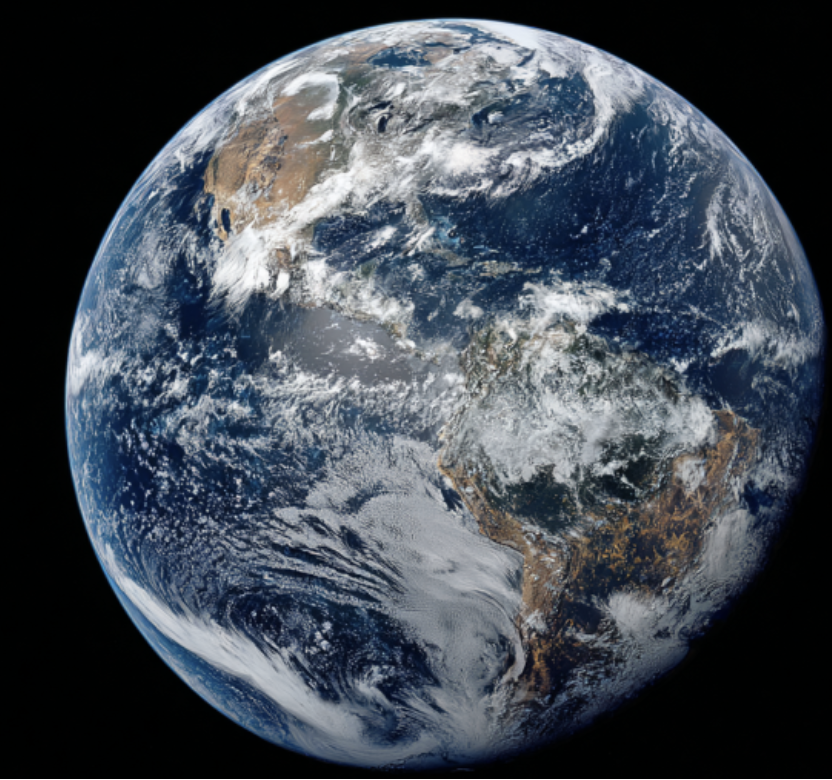Eco-Grief
Understanding the Emotional Toll of Environmental Loss
In recent years, more people have begun to report intense and often overwhelming emotional responses to the accelerating ecological destruction around the world. The devastation of increasingly severe natural disasters such as wildfires, extreme heat, drought, and floods along with the loss of biodiversity and livelihoods has caused many to suffer from ecological grief (known as eco-grief).
Grief is a universal and natural response that we feel when we have been separated from or lost something or someone important to us. We may feel grief through our emotions (yearning, bitterness), in our thoughts (preoccupation with the loss, diminished sense of identity), in our behaviors (withdrawing from recreational activities), and in our bodies (feeling of numbness, emptiness, fatigue, body aches, digestive issues, headaches, tightness or heaviness in the chest).
In a 2019 report by Yale and George Mason Universities, nearly half of Americans (46%) say that they have personally experienced the effects of global warming, and about half say they feel “helpless” (53%) or “disgusted” (50%).
What Is Eco-Grief?
Eco-grief is the mourning of environmental degradation and climate change. It’s the emotional response to witnessing or anticipating the loss of ecosystems, species, and natural landscapes and the realization that our planet is undergoing irrevocable changes.
This grief can take many forms:
Sadness over the extinction of animal species
Anxiety about the future of the planet (also known as “eco anxiety”)
Guilt or helplessness regarding one’s carbon footprint
Anger at political inaction
Mourning places that have been destroyed or irrevocably altered by climate disasters
Solastalgia or the feeling of “homesickness you have when you are still at home”.
Eco-grief can also emerge gradually as people become more aware of the realities of climate change, or suddenly after direct experiences like wildfires or floods.
How to Cope with Eco-Grief
Grief is a natural response to loss, and it is important to acknowledge these feelings because when these feelings are ignored or minimized, people can feel isolated, alone, numb, chronically stressed, depressed, or existential dread. Allowing ourselves to grieve helps these difficult emotions and feelings move through the body, and also helps us move out of inaction to finding meaningful ways of engaging with our world.
Acknowledge: Journaling, singing, and creating expressive art can help you understand and make sense of what you are feeling. Making space for your grief will give you a framework of understanding and compassion for what you are feeling.
Connect: Eco-grief is a somewhat new concept as ecological disaster becomes more of a reality. Luckily, we are not alone, there are many people who are also struggling with the same feelings, fears, and loss. Creating grief rituals with others or engaging in collective mourning can help alleviate despair.
Rest: We can’t fight all of the time, our bodies and minds need to rest in order to feel clear about our next steps. We all need rest. Enjoying time outdoors is a good way to recharge, even if our landscape has changed.
Act: There are many people who are working on climate action, and many different approaches. Find what works best for you and don’t worry about doing it all. Some examples that you might enjoy are working with local wildlife, cleaning up your neighborhood, helping after a disaster, organizing your community, or communicating with your political leaders.
Seek Professional Support: If eco-grief is interfering with your daily functioning, it might be helpful to speak with a therapist, particularly one who specializes in eco-grief. Your feelings of sorrow, fear, and anger are what make you human. Grieving the interconnectedness and irreplaceable value of our planet means that you have the capacity to care and to love.
Resources:


